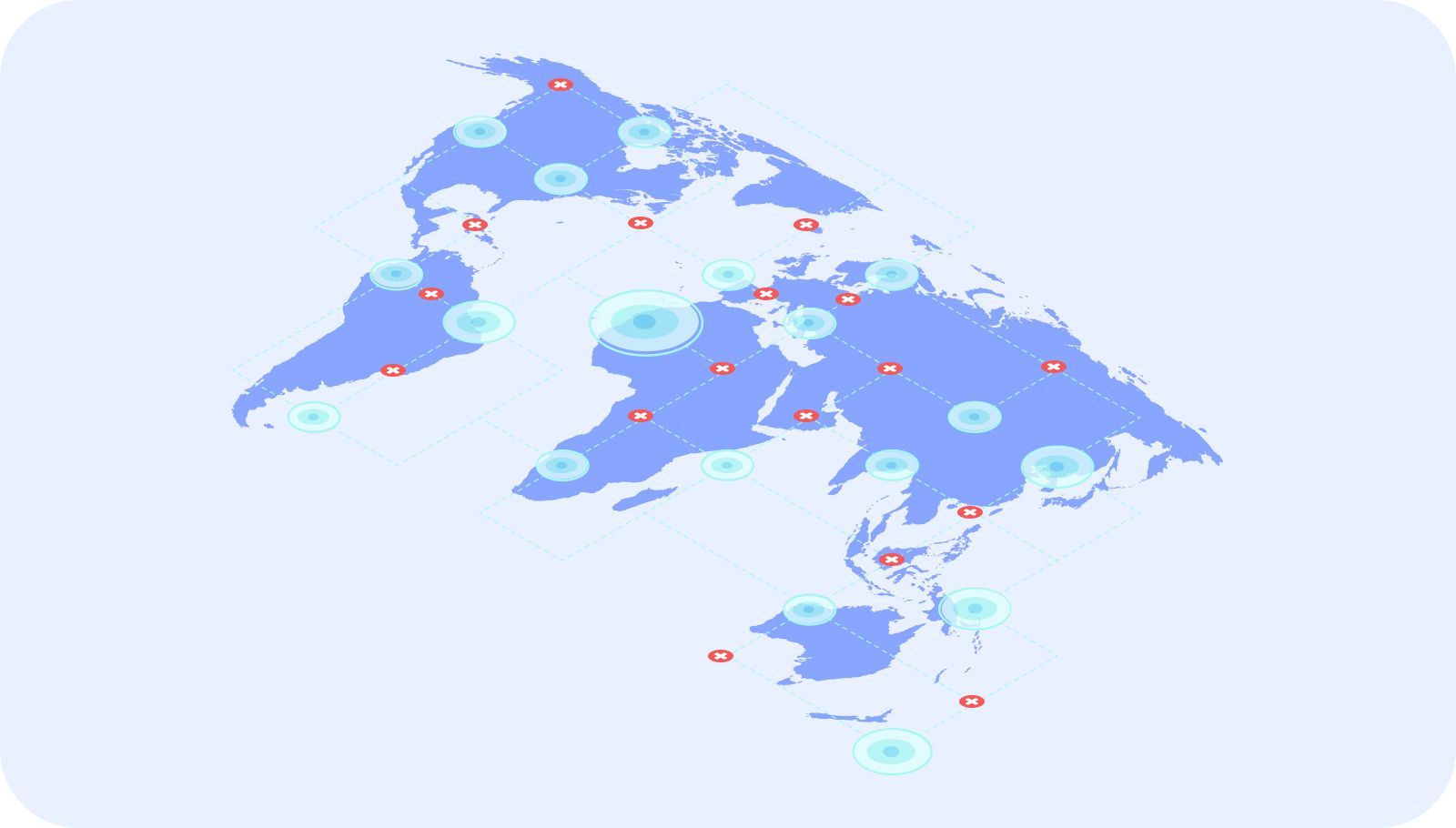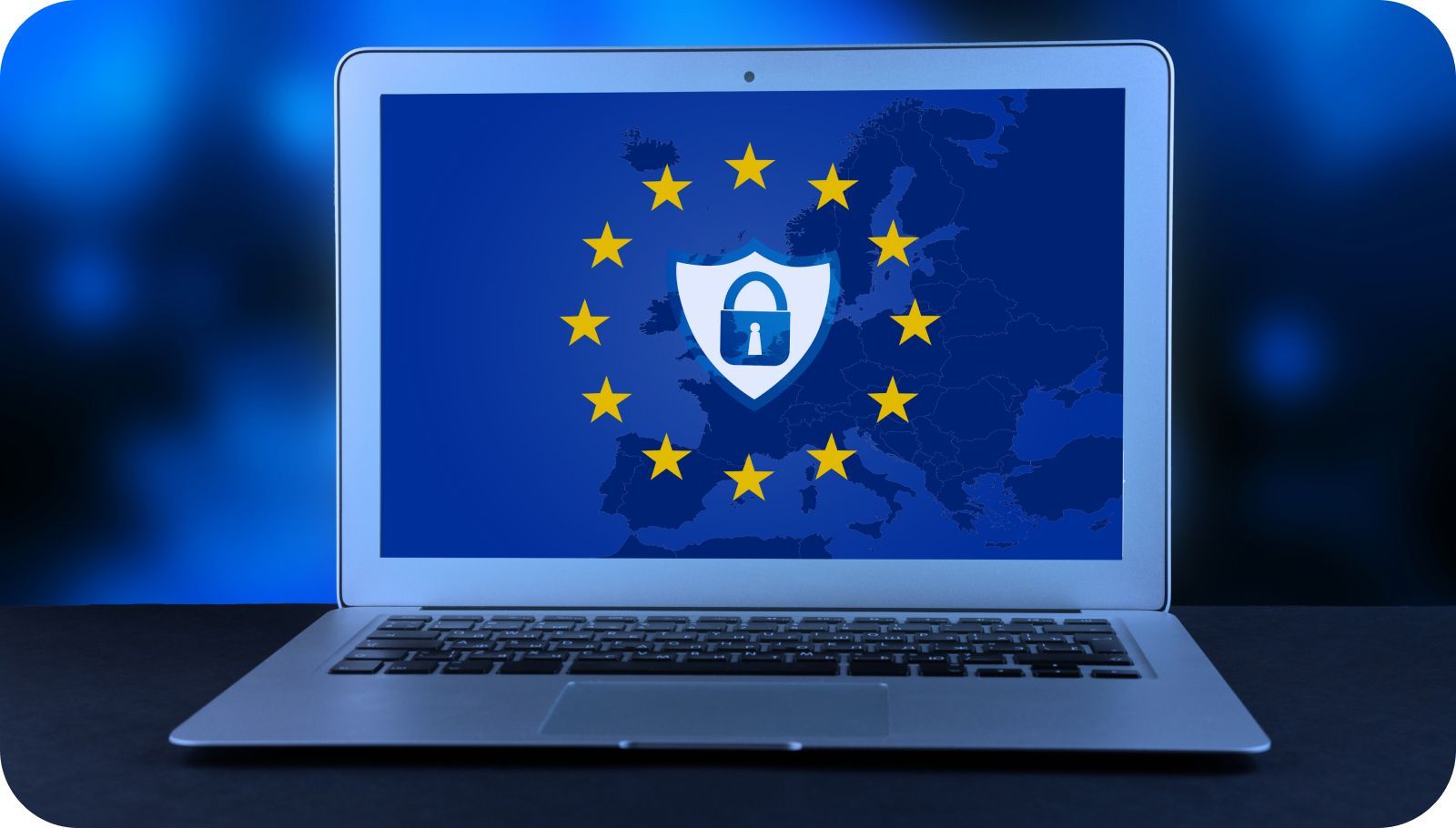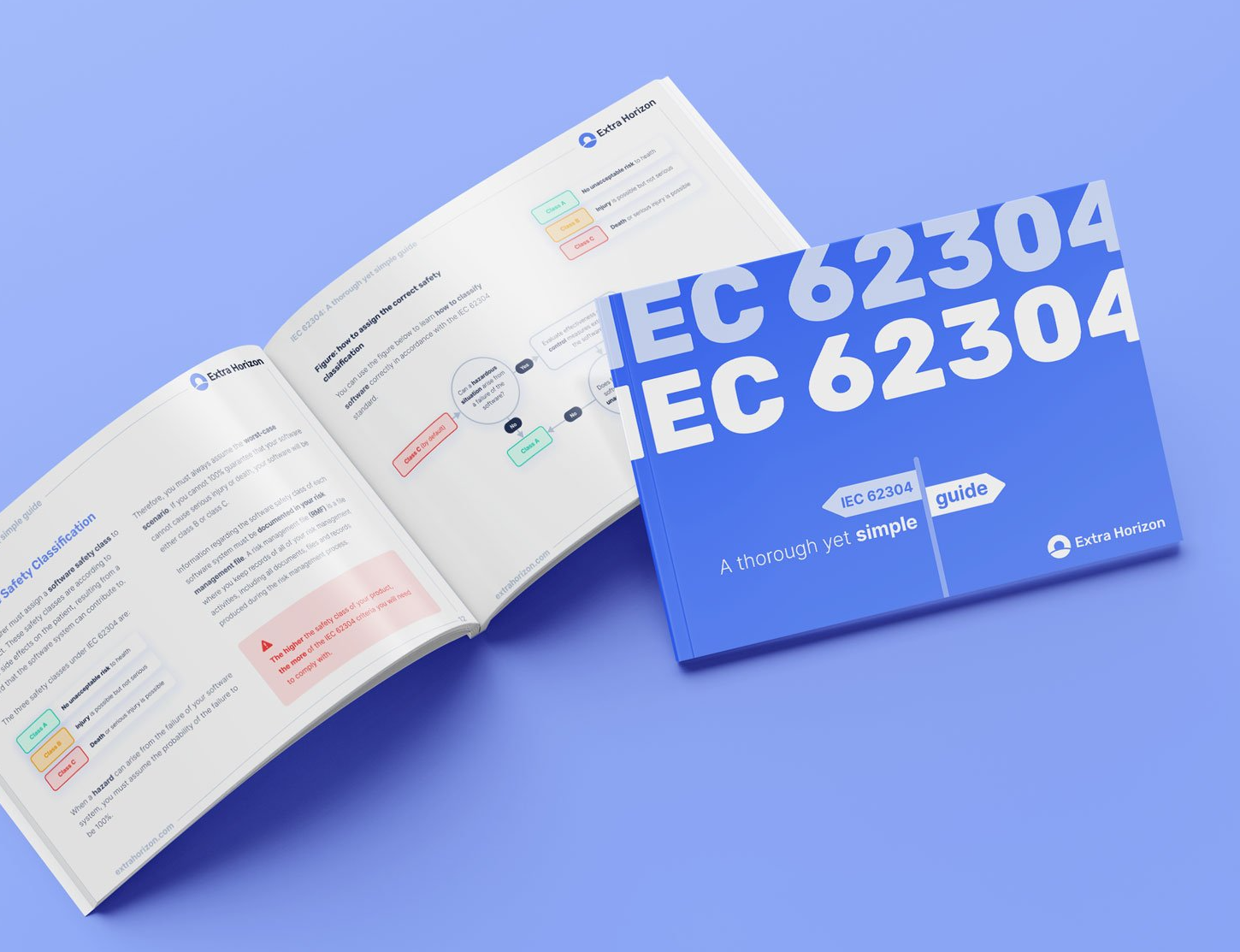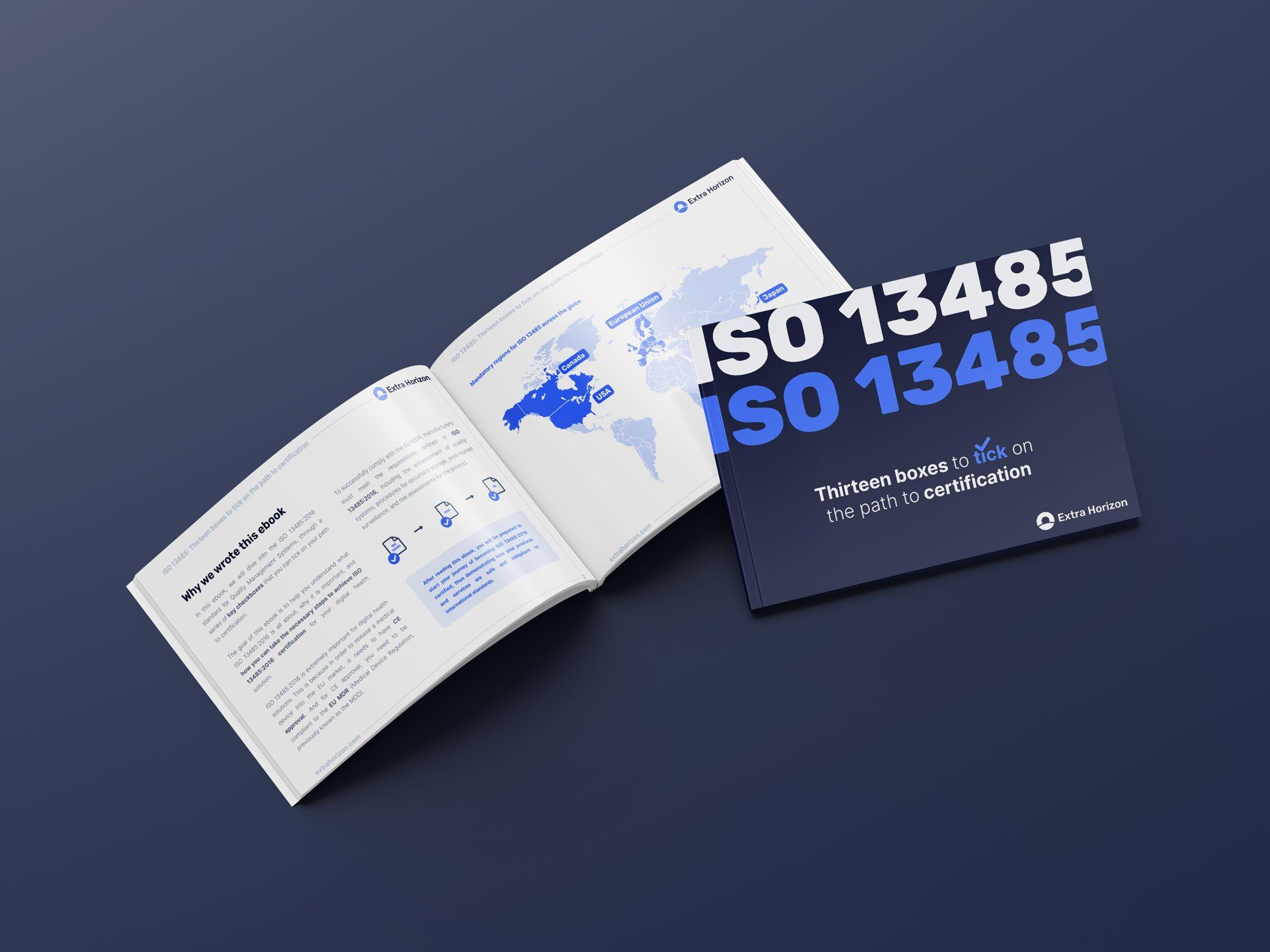Cybersecurity and techno-nationalism: will the patient benefit in the end?
As an account executive, I often talk to extremely intelligent and ambitious people who strive to improve patients' lives, and preferably as quickly as possible. They often run into various barriers to innovation, especially from a cybersecurity perspective.
The cybersecurity battle
The topic of cybersecurity looks more and more like a protectionist battleground of the various states, rather than a battleground to protect the citizen/patient.
NEN 7510
in the Netherlands,
HDS/SecNumCloud
in France, and
Gematik (BDSG)
in Germany are just of few examples of local legislation with specific requirements for each country when it comes to information security and data sovereignty related to health data. On top of that, European institutions are trying to take this to a universal level with their own regulations and directives, but so far did not succeed in harmonising this across the Union. Cybersecurity in Europe is therefore beginning to take on more and more techno-nationalist characteristics, instead of being focused first and foremost on protecting healthcare information.
But what exactly is techno-nationalism?
A Techno-nationalism is a term used to describe the promotion of technology as a means of advancing nationalism, with nationalism being an ideology that places the interests of a nation above any other interests or nations, and national self-interest. It outlines the idea that a country should prioritise its own technological advancement and that technology should be developed and used in a way that serves the national interest, as opposed to the interest of patients as a whole.
Techno-nationalism can take many forms, from supporting domestic technology companies, to limiting the import of technology from other countries, to developing solely-domestic capabilities in key technological areas such as artificial intelligence, biotechnology, and cybersecurity. Techno-nationalism can be seen as a response to the increasing globalisation of technology and the desire to maintain national sovereignty in the technological realm.
Will techno-nationalism improve or kill innovation?
The plus sides: increased investment and incentivised innovation
The impact of techno-nationalism on innovation is complex and multifaceted. On one hand, promoting national self-interest in technology can lead to increased investment in research and development, and the creation of favourable conditions for innovation. For example, governments may provide funding for technological projects, subsidies for companies, and favourable tax policies to incentivise innovation. This can result in the development of new technologies, increased competitiveness, and a boost to the national economy. And, most of all, these technological advancements in healthcare can be hugely beneficial to patients.

The downsides: restricted market access and lack of collaboration
On the other hand, techno-nationalism can also stifle innovation by limiting the flow of ideas, talent, and capital across borders. By prioritising national self-interest, countries may restrict access to international markets and limit the import of foreign technology. This can lead to a reduction in competition, reduced incentives for innovation, and a slowdown in technological progress. Ultimately, patients can miss out on the various life-changing medical technologies that come from overseas markets, thus decreasing the quality and choice of care available to them.
Furthermore, techno-nationalism can also have negative effects on international cooperation and collaboration in the field of technology, particularly in the healthcare field. When countries prioritise their own interests, they may be less likely to share knowledge, collaborate on projects, and participate in international organisations dedicated to technological advancement. This can result in a fragmentation of the global technology community and a reduction in the efficiency of technological innovation. Companies and institutions in different countries have the potential to work together and create innovations that transcend borders, but techno-nationalism threatens this idea.

To conclude
In conclusion, the impact of techno-nationalism on innovation is complex and depends on the specific policies and circumstances of each country. While it can lead to increased investment in technology and a boost to the national economy, it can also limit the flow of ideas and stifle international cooperation, ultimately reducing the overall progress of technological innovation and limiting patient benefits. Thus, we should be mindful to make sure that techno-nationalism does not get in the way of getting patients the healthcare technology they genuinely need.
So, why are we not all using the same standards globally, like we already do with ISO-standards?
About Michiel
Michiel is the Account Executive at Extra Horizon. He has a wealth of experience in the field of digital health and is always looking to learn more about the world of MedTech and connect with other players in the industry.
RECENT POSTS

FREE EBOOKS
GOT QUESTIONS?



